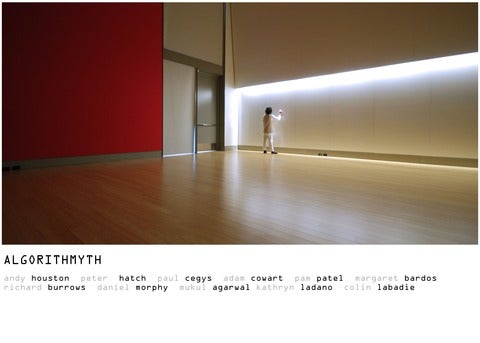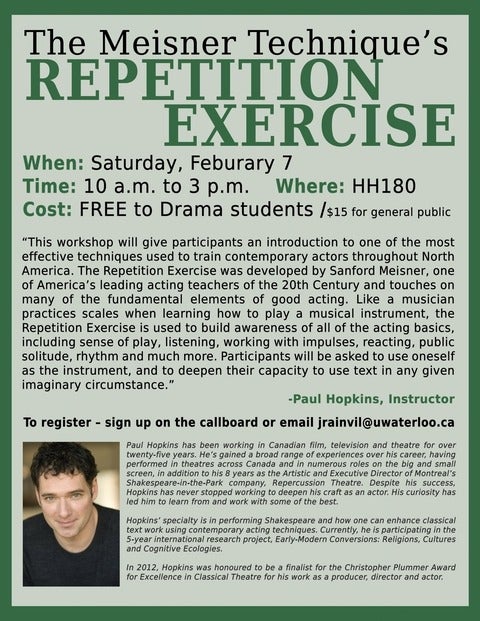Land Acknowledgement Workshop
Collectively led by the Office of Indigenous Relations and the Department of Communication Arts, this workshop will guide participants through the history of the land we call Canada and demonstrate the reasons we make Territory Acknowledgements. Using interactive exercises sharing of Indigenous perspectives, the session will also include knowledge sharing about Treaties in the Kitchener Waterloo region.
Register via Google form by March 1.


